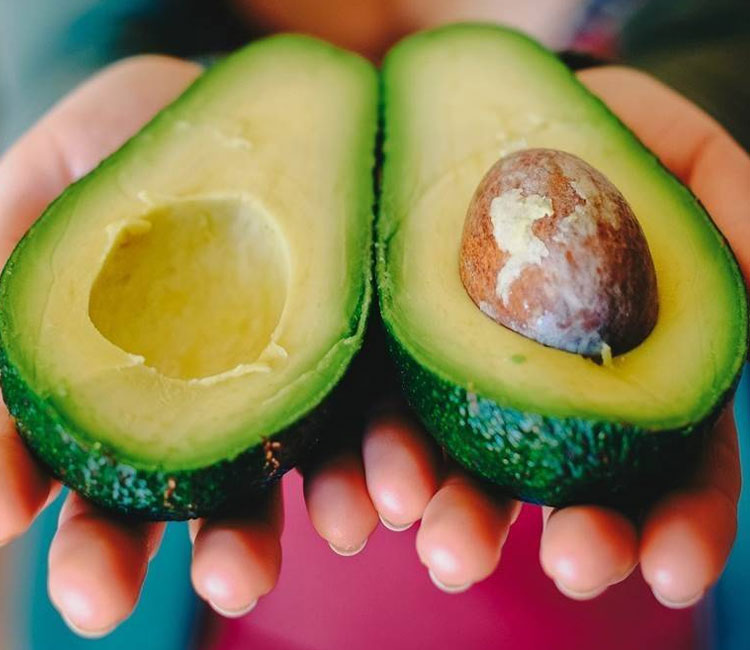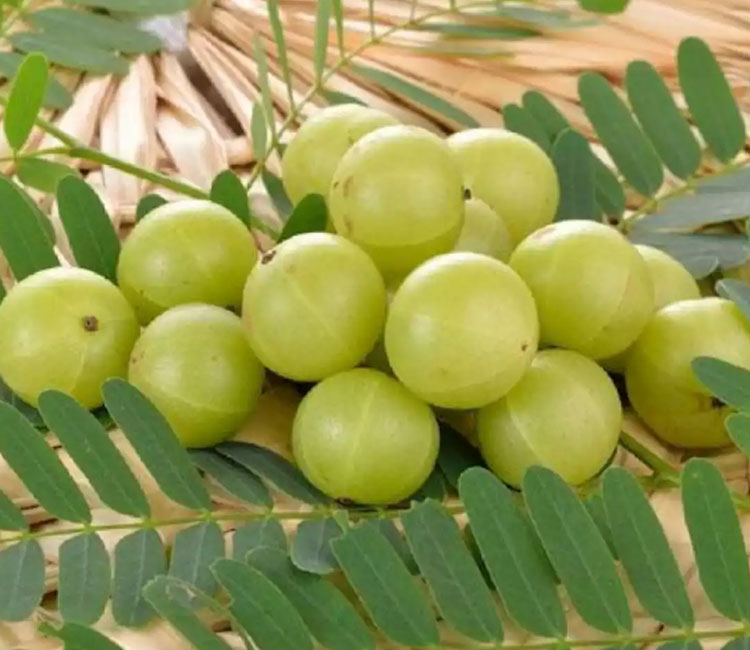Avocado vegetable or fruit Benefits and Side effects
Many buyers can not decide when choosing an exotic fruit: avocado - fruit or vegetable. Some call this fruit a fruit, others call it a vegetable. One would think that avocado is a berry or even a nut.
Is avocado a fruit, nut, vegetable or berry?
The mysterious avocado actually brought confusion to the minds of people and divided them into different groups according to perception. Perhaps to clarify the situation you need a biology. Following the scientific explanation, the avocado is called a fruit after the fruit has grown on trees. In addition, the fruit of the avocado has a hard bone in the core, like most garden crops.
But the structure of the fruit is more like that of a vegetable. The flesh of the fruit contains a large concentration of substances and sugars, which are not specific to the fruit. According to Ozhegov, any juicy fruit, regardless of their form and sugar content, should be referred to as fruit. So, avocado is, after all, a fruit. But with a caveat.
The taste of avocado can be compared with the taste of an immature pumpkin or pear. The more the fruit pulp matures, the more the fruit's flavor and consistency change. The flesh of the ripe avocado fruit is also compared with the taste of butter. And the latter is even stronger. Some even compare it with nuts and greens.
Some fans of exotic fruits can not call avocado fruit because of the fruity taste. Well, no, it doesn't look like fruity taste. Similarly, fruits belong to the same class of plants. But, perhaps, it is the distinguishing feature of the avocado, its benefits. Mid-ripening avocado fruits are distinguished by a neutral taste. This makes it possible to combine fruit with any other food.
In this case, it is treated as a vegetable for a garnish. It is added to various dishes, put in salads, seasoned with sour or salty sauces. Basically, here we are talking about the second course. Very few recipes with avocados for dessert. But full of recipes with avocado for salads, various snacks, pâtés, sandwiches, minced meat.
It so happened that lemons and limes became constant companions of this fruit. Citrus fruits help preserve the flavor and color of the dish with avocado, not allowing it to oxidize in the air.
Given all these nuances, it becomes clear that nature has endowed avocados with a variety of properties. The fruits grow on trees, moreover, on evergreen plants. The flesh of the fruit is more like a vegetable in structure, taste and properties. The juiciness of the embryo depends on the conditions of development of the avocado. It is a very photophilous and hygrophilous plant.
Today, avocados are mainly grown on an industrial scale. Also, in agricultural terminology, one can often find a description of an avocado, as berries, which have a round or oval shape and a hard greenish-roasted peel. If you cut off the top layer of the fruit, it becomes a darker shade. And if it is still a berry, then it has very unusual dimensions (12-25 cm in length and 1.8 kg in weight).
And if you consider that the fruit has an oily texture and produces a slightly nutty flavor, it's more likely
Not a berry, but a nut. There is still a lot of controversy about what to consider as an avocado. It is a nut or a fruit or a vegetable. And maybe - a berry. Yes No. This is a nut. Many begin to get confused in the description and their perception of exotic fruits.
But even so, most avocados are used to being called fruit. By analogy to any fruit growing in moderate latitudes. The peculiarity of this plant is that only the fruit of the tree with a juicy pulp is used for food. But only without the pit. They can cause intoxication. In the native land of the plant - Mexico or Central America - these properties of the embryo are very well known.














Comments
Post a Comment